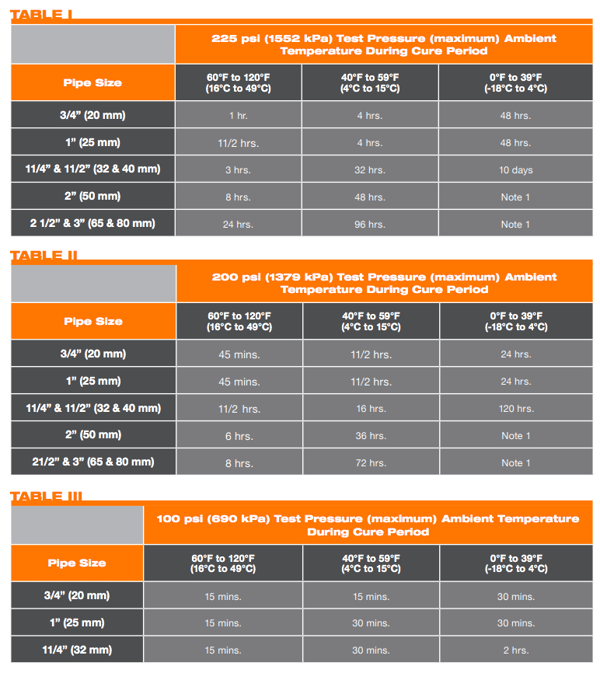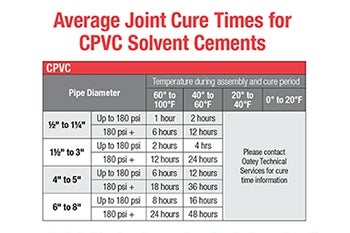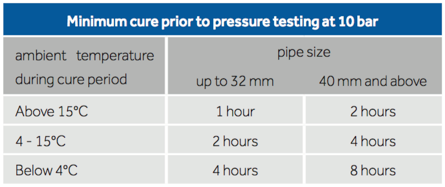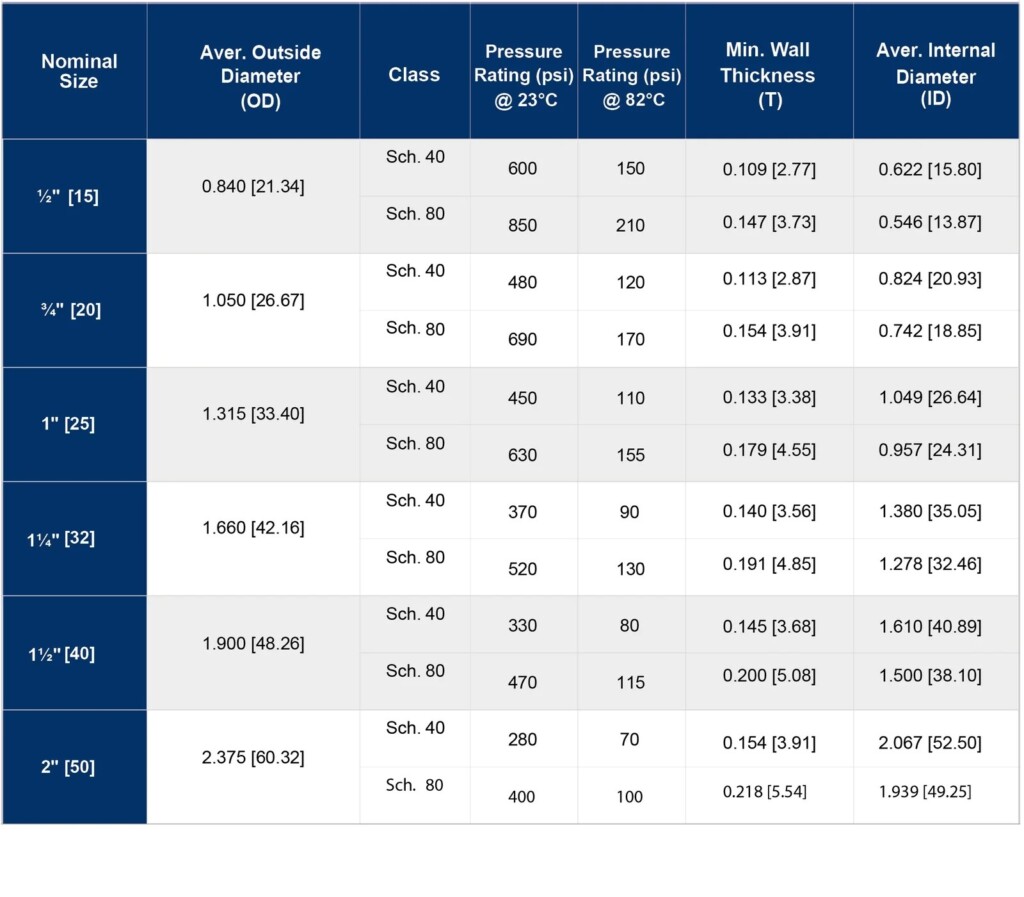When working with CPVC pipes and fittings, it is crucial to follow the recommended cure times to ensure a strong and reliable bond. The Spears CPVC Cure Time Chart provides guidelines on how long it takes for the solvent cement to fully cure and create a secure joint. By following this chart, you can avoid leaks, breaks, and other issues that may arise from insufficient curing time.
The Spears CPVC Cure Time Chart is easy to use and can be found on the manufacturer’s website or included with the solvent cement packaging. To utilize the chart, simply identify the type of CPVC pipe and fitting you are using, as well as the temperature and humidity of the environment where the joint will be curing. Then, refer to the chart to determine the recommended cure time before pressurizing the system.
Tips for Ensuring Proper Cure Time
It is important to note that cure times may vary based on environmental conditions, such as temperature and humidity. In colder or more humid climates, it may take longer for the solvent cement to cure properly. To ensure a strong bond, consider using a primer before applying the solvent cement and allow extra time for curing in adverse conditions. Additionally, avoid disturbing the joint during the curing process to prevent weakening the bond.
Conclusion
By following the Spears CPVC Cure Time Chart and taking into account environmental factors, you can ensure a secure and long-lasting connection for your CPVC piping system. Proper cure times are essential for preventing leaks and maintaining the integrity of your plumbing infrastructure. For more information on CPVC installation and best practices, consult the manufacturer’s guidelines and seek advice from professionals in the industry.




